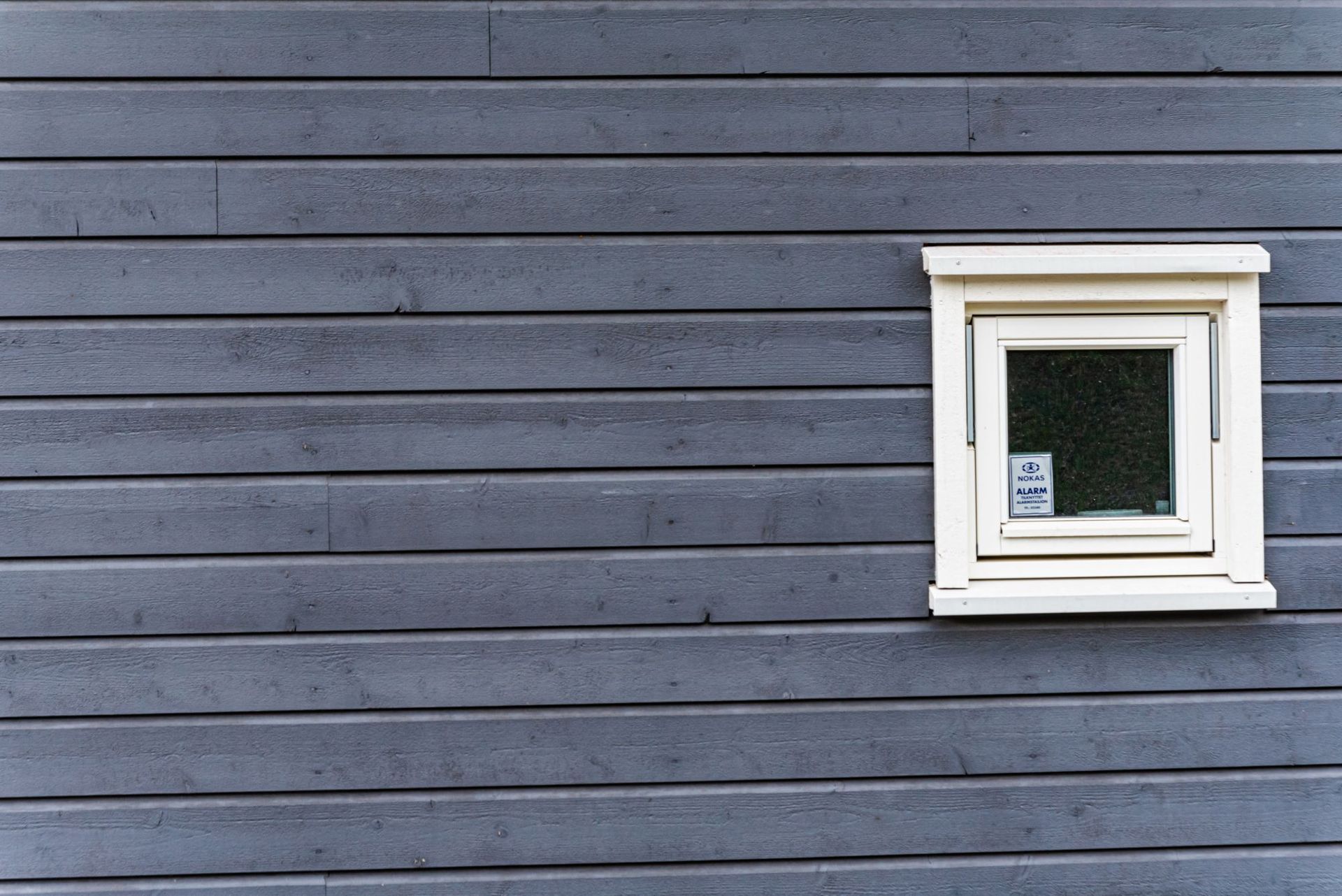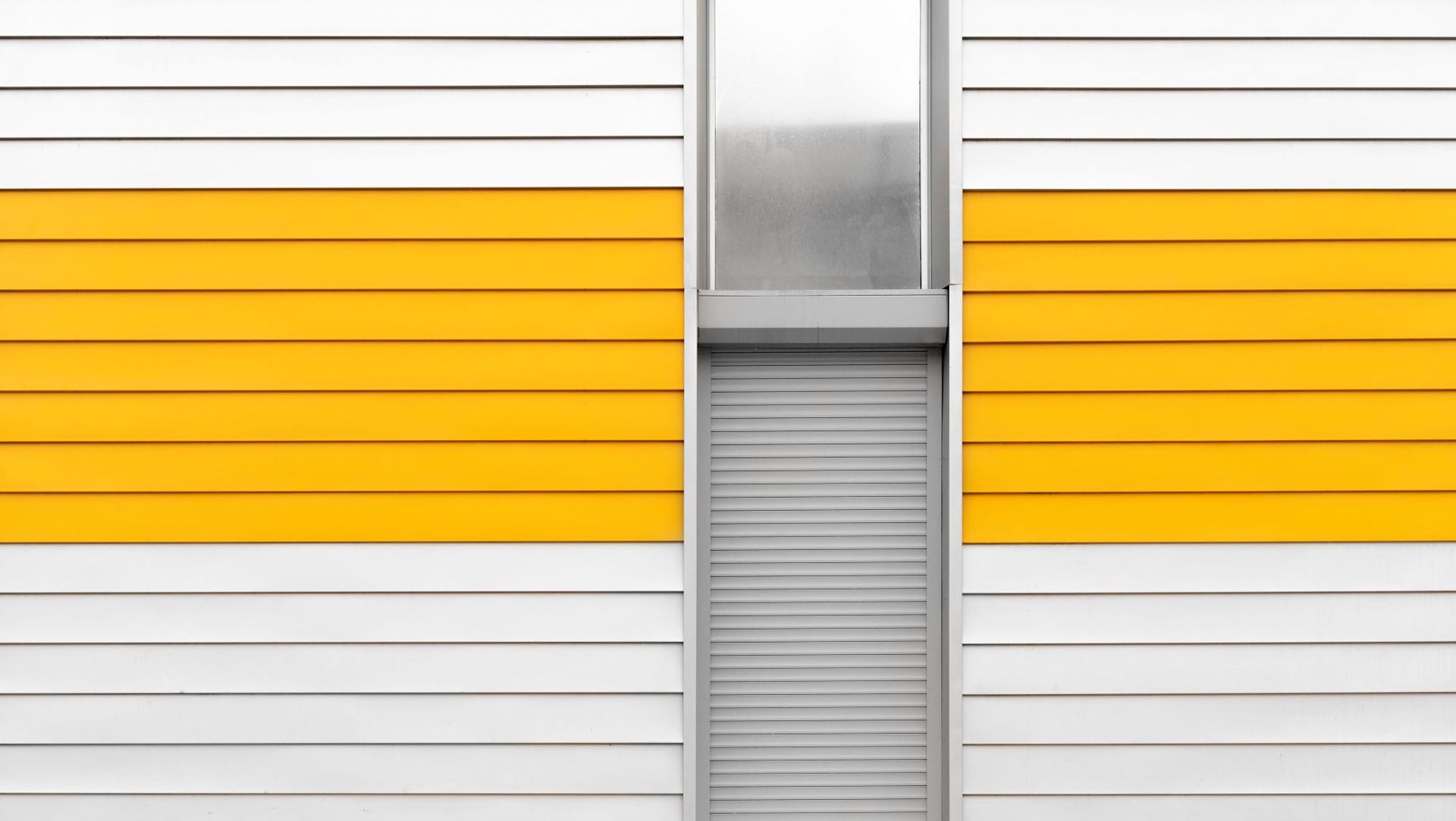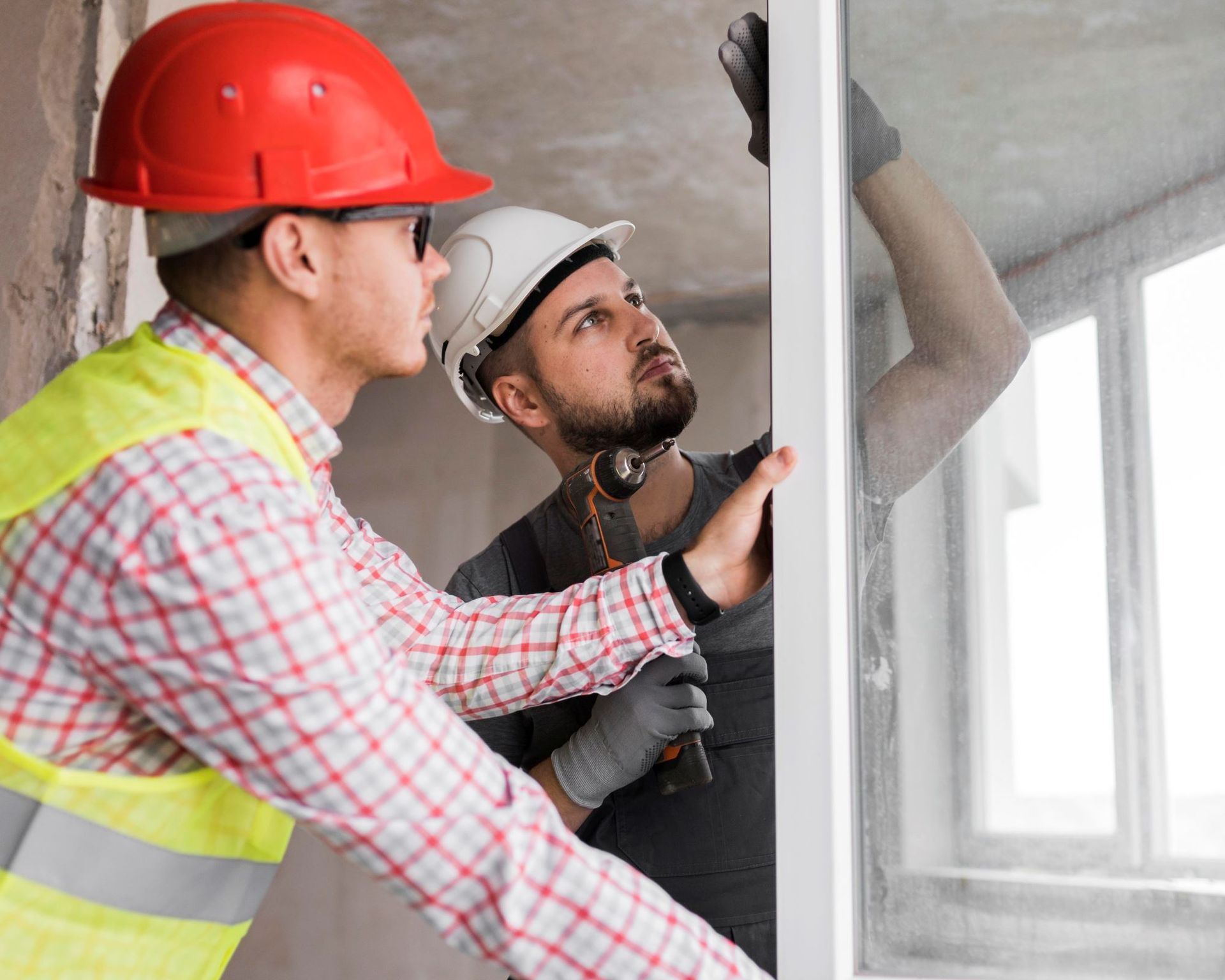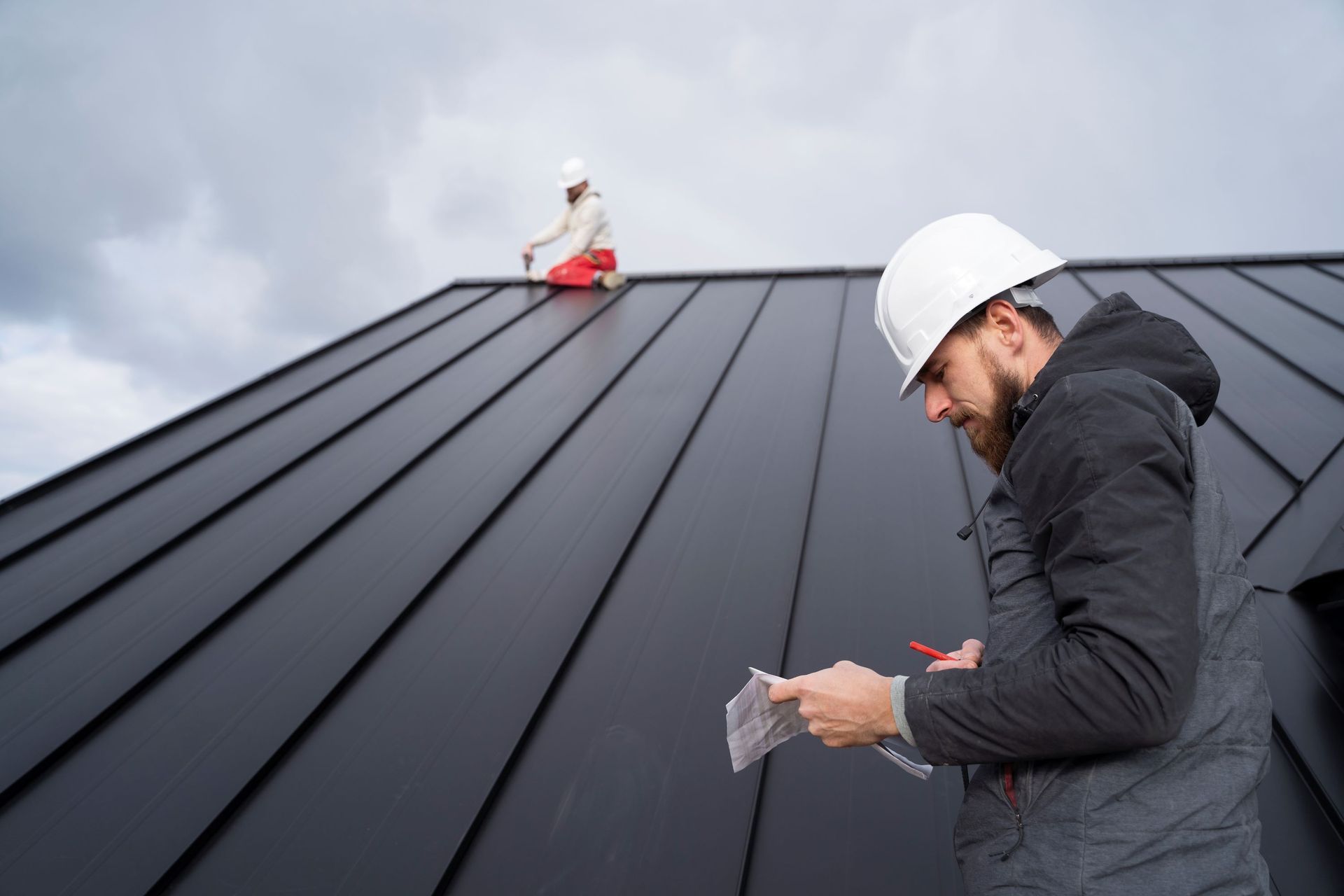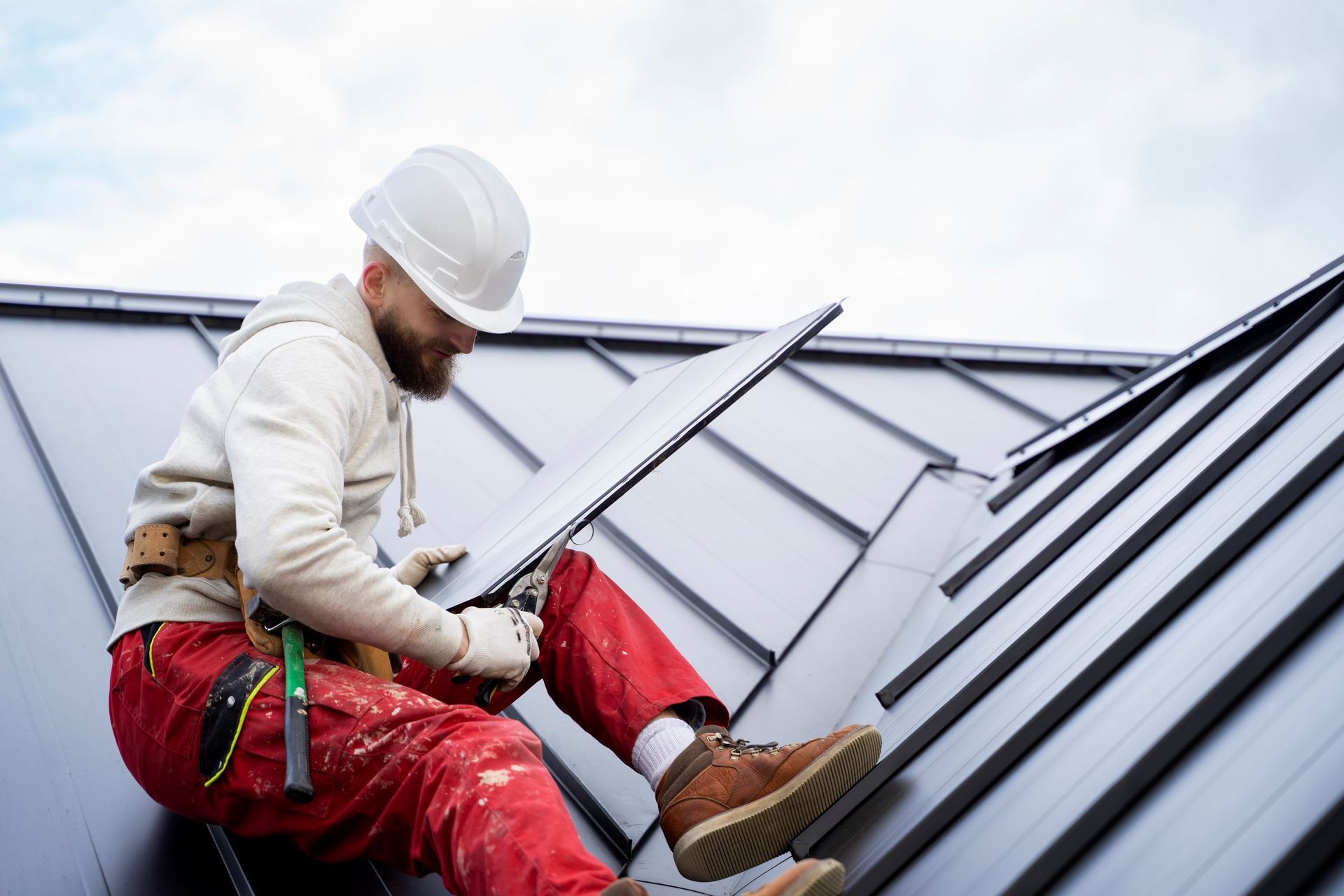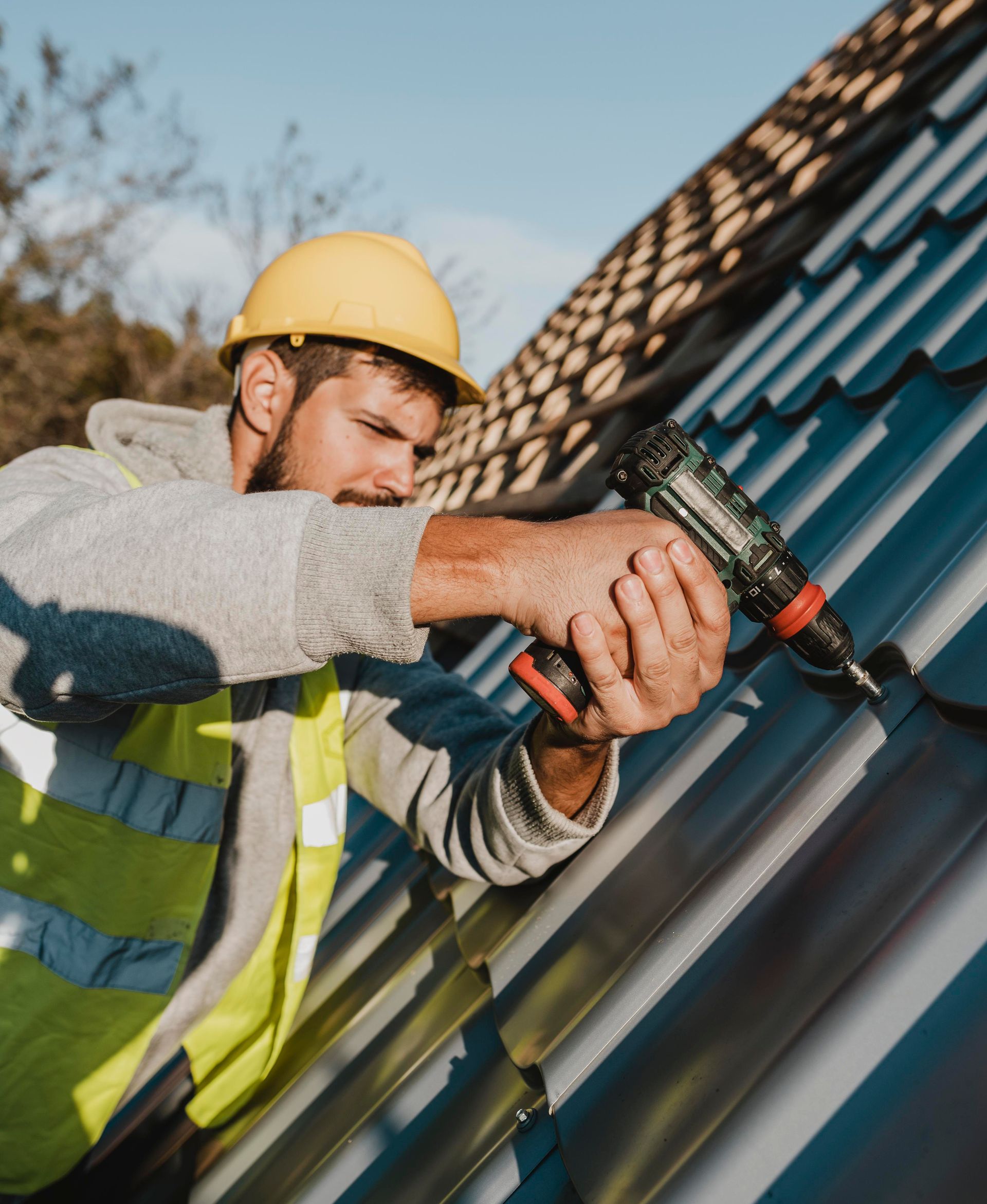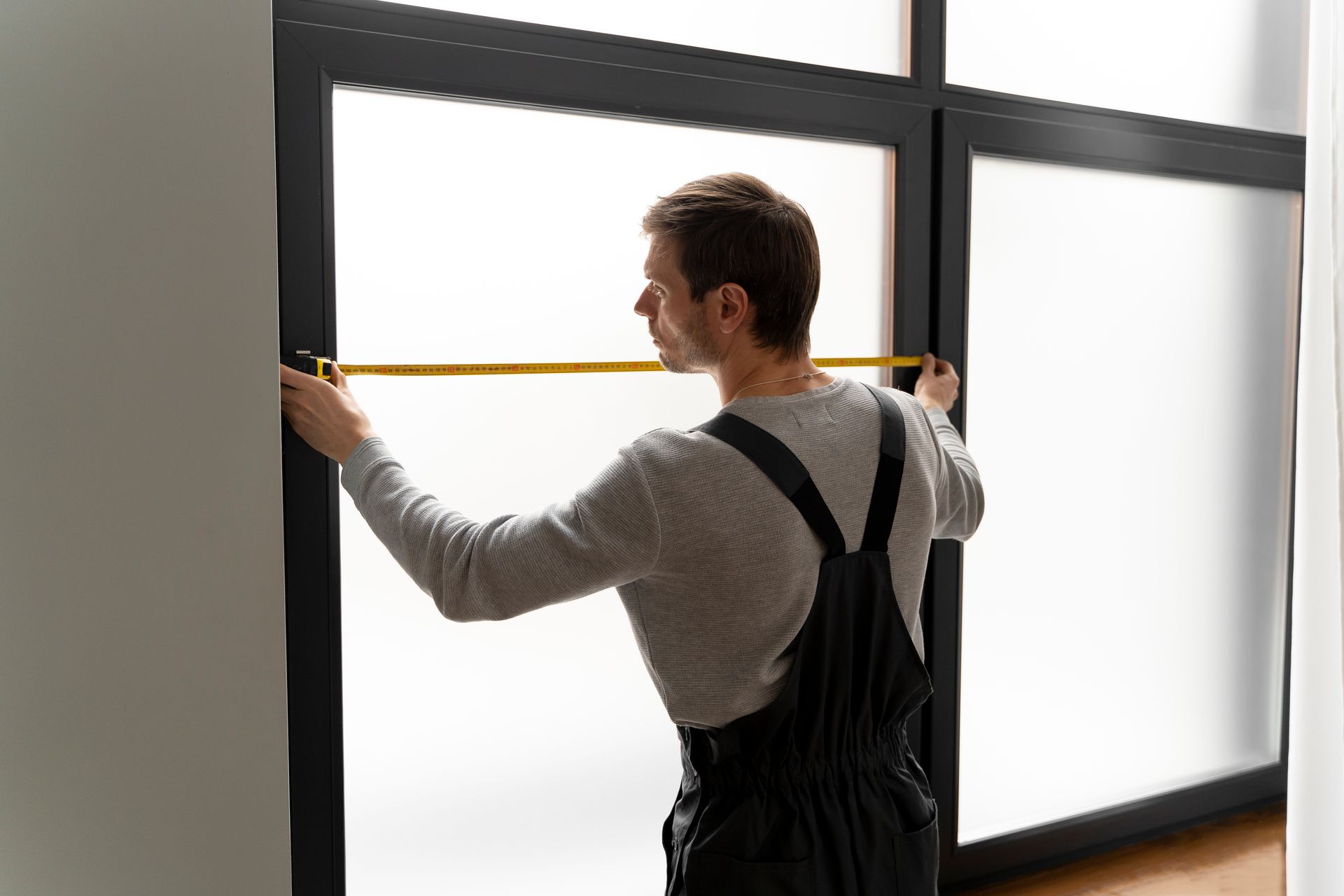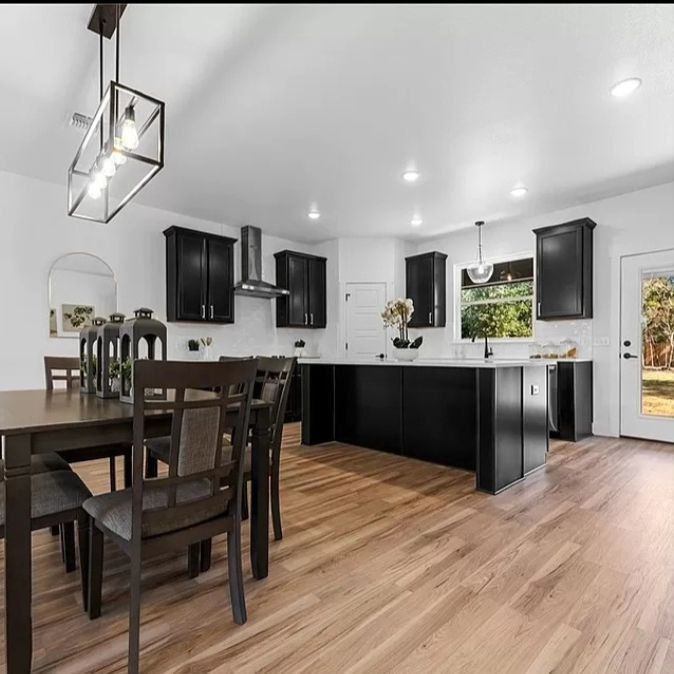Roof Repair vs. Roof Replacement: Making the Right Choice
When it comes to maintaining your home, the roof is one of the most critical components. It protects you from the elements, insulates your home, and contributes to its overall aesthetic appeal. However, like all parts of a house, roofs are subject to wear and tear. When issues arise, homeowners often face a crucial decision: Should they opt for a roof repair or a complete roof replacement? This blog post will explore the factors to consider when making this decision, helping you make the best choice for your home and budget.
Understanding the Basics
Before diving into the decision-making process, it’s essential to understand what roof repair and roof replacement entail.
- Roof Repair: This involves fixing specific issues or damages on your roof. Common repairs include patching leaks, replacing damaged shingles, fixing flashing, and addressing minor structural issues. Roof repairs are generally less expensive and quicker to complete than a full replacement.
- Roof Replacement: This is a more extensive process that involves removing the existing roof and installing a new one. It addresses all potential problems at once and can significantly enhance your roof's lifespan, durability, and appearance. However, it is a more significant investment in terms of both time and money.
Factors to Consider
Several factors can influence whether roof repair or replacement is the best option for your home.
1. Age of the Roof
The age of your roof is a primary consideration. Most roofing materials have a specific lifespan:
- Asphalt Shingles: 20-30 years
- Metal Roofs: 40-70 years
- Clay Tiles: 50-100 years
- Slate Roofs: 75-200 years
If your roof is nearing the end of its expected lifespan, a replacement might be more cost-effective in the long run. Repairs on an aging roof can become frequent and costly, making replacement a better investment.
2. Extent of Damage
Assess the extent and type of damage your roof has sustained. Minor issues such as a few missing shingles or small leaks can often be addressed with repairs. However, if the damage is extensive, such as widespread water damage, structural issues, or a significant portion of the roof is affected, replacement might be necessary.
3. Cost Considerations
Budget is always a crucial factor. Roof repairs are generally more affordable than replacements. However, frequent repairs can add up over time, sometimes exceeding the cost of a replacement. Consider the long-term financial implications of repeated repairs versus a one-time replacement investment.
4. Energy Efficiency
Older roofs might not be as energy-efficient as newer models. Replacing your roof allows you to install modern, energy-efficient materials that can reduce your heating and cooling costs. If energy efficiency is a priority for you, and your current roof is outdated, replacement might be the better option.
5. Aesthetic Appeal
A new roof can dramatically improve your home's curb appeal. If your current roof looks worn and detracts from your home's appearance, a replacement can enhance both its value and aesthetic appeal. This is especially important if you plan to sell your home in the near future.
6. Future Plans
Consider your long-term plans for the property. If you plan to stay in your home for many years, investing in a new roof can provide peace of mind and reduce maintenance concerns. However, if you intend to sell your home soon, repairs might be sufficient to address any immediate issues without the higher cost of a replacement.
Advantages of Roof Repair
Choosing to repair your roof offers several advantages:
- Cost-Effective: Repairs are generally less expensive than full replacements, making them a budget-friendly option for minor issues.
- Quick Fix: Repairs can often be completed quickly, minimizing disruption to your daily life.
- Extends Roof Lifespan: Timely repairs can extend the lifespan of your roof by addressing issues before they worsen.
- Targeted Solutions: Repairs allow you to address specific problems without the need for a complete overhaul.
Advantages of Roof Replacement
Opting for a roof replacement also has its benefits:
- Comprehensive Solution: Replacement addresses all potential issues, providing a fresh start with a new roof.
- Increased Property Value: A new roof can enhance your home's value and appeal, which is beneficial if you plan to sell.
- Improved Energy Efficiency: Modern roofing materials offer better insulation and energy efficiency, reducing your utility bills.
- Long-Term Savings: While the upfront cost is higher, a new roof can save you money in the long run by reducing the need for frequent repairs.
Common Scenarios for Roof Repair
Certain scenarios are more conducive to opting for roof repairs:
- Minor Leaks: If you notice a small leak or two, these can often be repaired without the need for a complete replacement.
- Isolated Shingle Damage: Missing or damaged shingles in a specific area can be replaced individually.
- Flashings Issues: Problems with the flashing around chimneys, vents, or skylights can usually be repaired.
- Local Damage from Storms: If a storm causes localized damage, repairs might be sufficient to restore your roof’s integrity.
Common Scenarios for Roof Replacement
Some situations warrant a complete roof replacement:
- Widespread Damage: Extensive damage, especially from severe weather events, often requires a full replacement.
- Old Roof: If your roof is at or beyond its expected lifespan, replacement is usually the best option.
- Frequent Repairs: If you find yourself constantly repairing your roof, it might be more cost-effective to replace it.
- Major Structural Issues: Significant structural damage that affects the roof’s integrity necessitates replacement.
Making the Decision
Ultimately, the decision between roof repair and replacement depends on a careful assessment of your specific situation. Here are some steps to help you make the right choice:
- Inspection: Have a professional roofing contractor inspect your roof to assess its condition and identify any issues.
- Estimate Costs: Obtain estimates for both repair and replacement to compare the costs.
- Evaluate Long-Term Benefits: Consider the long-term benefits and savings associated with each option.
- Consult Experts: Seek advice from experienced roofing professionals to understand the best course of action for your home.
- Consider Your Plans: Factor in your future plans for the property and how each option aligns with them.
Deciding between roof repair and roof replacement is a significant decision that affects your home’s safety, efficiency, and value. By carefully evaluating the age of your roof, the extent of damage, cost considerations, energy efficiency, aesthetic appeal, and your future plans, you can make an informed choice. Whether you opt for repairs or a full replacement, the goal is to ensure your home remains protected and comfortable for years to come.
Investing in your roof is an investment in your home’s future. Regular maintenance and timely decisions can prevent minor issues from becoming major problems, ultimately saving you time, money, and stress. If you’re unsure which option is best for your roof, consult with a trusted roofing contractor who can provide expert guidance tailored to your home’s needs.




